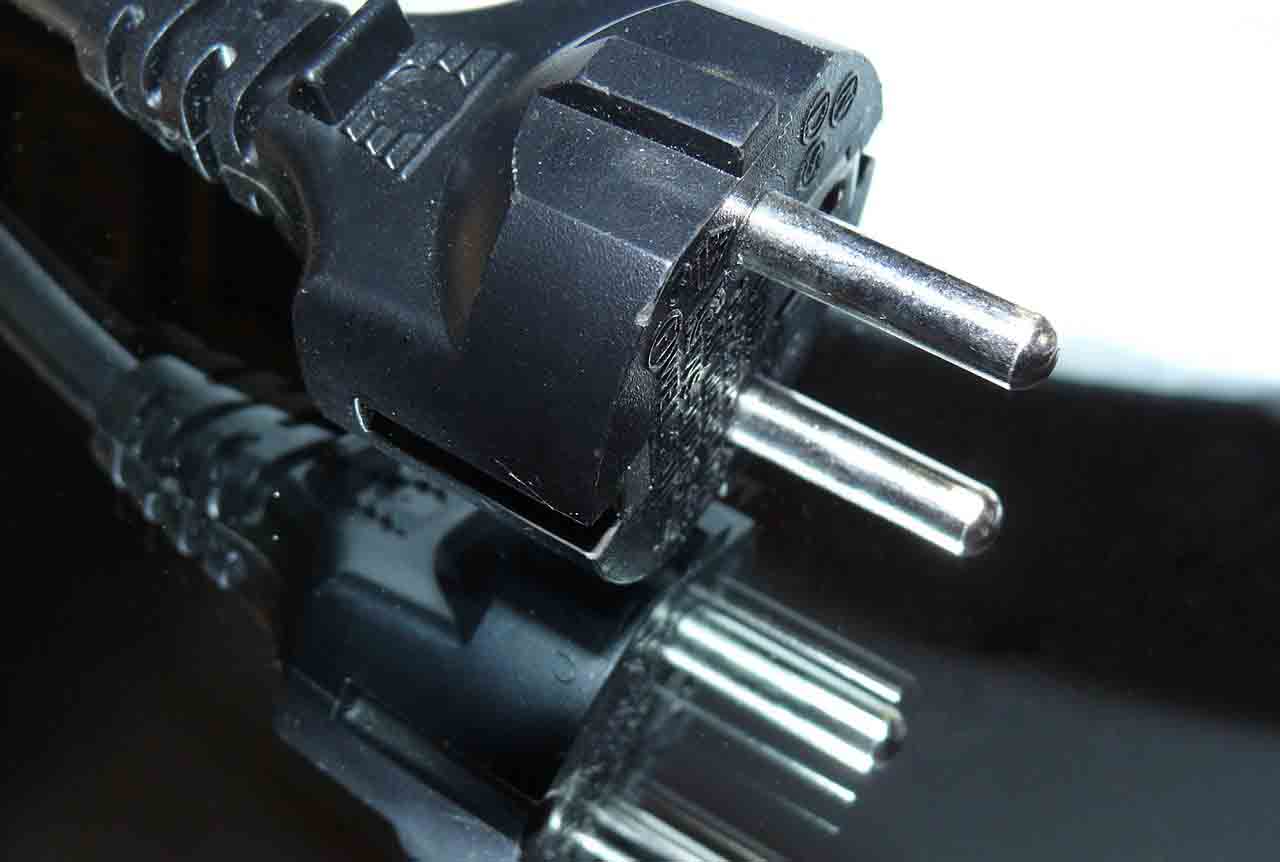Charming and suggestive cities. A country of great tradition, strongly linked to its history and its origins.
Wonderful landscapes that fascinate the visitor. Magic lands, with a truly unique atmosphere. And, again, sea, monuments, natural parks, attractions.
This, and more, awaits you during your holiday in Portugal
Here is a lot of practical and useful information for your trip to this wonderful land.
HOW TO GET
The Country is the last of the countries to the west of the whole of Europe, located in the Iberian Peninsula.
Except, therefore, for Spain, considering the distances, the plane is the most comfortable, and fast, to arrive.
Faro, Lisbon and Porto, are the three international airports of reference, for those wishing to leave for the discovery of the Lusitanian destinations.
To these are added the two airports in Madeira and the Azores Islands.
Arriving by train can take several hours. Even one or more days. Assumptions to be considered if you have planned long holidays.
The same applies to the car. A trip on the Road, although extremely suggestive, requires a lot of time available; above all, far from Madrid. The Spanish capital, for example, is just 529 kilometers from Coimbra. Distance more than doubled, however, coming from Barcelona.
GETTING AROUND PORTUGAL
Within the individual cities, with the necessary exceptions, it moves us easily on foot, within the small historical centers, generally, of small dimensions.
One of the preferred methods of getting around the car is, without a doubt, the private car. In the country and in the big cities there are numerous agencies in which to rent a car at the best price. In the most inland areas, non-exceptional roads are offset by the charm and charm of the landscapes.
The railway network is not very efficient, even for moving around the city. This is the reason why buses are the most used alternative to travel around Portugal.
There are several companies that make bus connections. network Express is, without a doubt, one of the best and most efficient for quality-price. Some examples: from Lisbon to Coimbra, it takes about two hours; from Lisbon to Fatima, 90 minutes.
DOCUMENTS AND CUSTOMS
There is no obligation to produce documents at the border, but you are always required to bring an ID card or passport with you. It is recommended, above all, to bring the CI of their children under age, even if traveling by car or train. See our special section on this subject.
Dogs and cats enter freely, provided they have a health certificate and a recent certificate from the veterinarian of the ASL of residence, attesting to good health. Dogs must be vaccinated against rabies by at least 3 or 4 weeks before the trip.
Please note that the appropriate microchip must be applied to the animals.
Some info and advice, from this link.
CURRENCY AND CHANGE
From the 1 January 2002, the Euro has become the official currency of the country, supplanting the escudo. Almost everywhere, you can pay directly by credit card and withdraw cash at ATMs. Keep in mind, however, that in some small cities, and less touristy places, you may find it difficult to make credit card payments. A cash reserve is always recommended.
If you need to enter the Bank, please note that it is generally open from Monday to Friday, from 08:30 to 15:00. In general, the branches are closed on Saturdays, Sundays and holidays.
PRACTICAL INFO
HOUR
In Portugal, the hands of the clock follow the meridian of Greenwich (UTC/GMT 0). Daylight saving time starts on the last Sunday in March and ends on the last Sunday in October, with the hands forward an additional hour compared to Greenwich (UTC/GMT + 1). Therefore, in the summer, in the Country the hands are one hour ahead of the meridian.
Instead, the time zone in the Azores is different, with an hour less than in Lisbon.
ELECTRIC CURRENT
Throughout the country, including Madeira and the Azores Islands, the tension is 230 volts. The sockets, therefore, will all be similar to those shown in the photo above, type F (Schuko) or, alternatively, Type C. We recommend always using a special adapter. For the more confident, we recommend taking a look at this link.
POST
The Portuguese national post is identified with the name CTT CORREIOS. Typically, the offices are identified by a white writing on a red background, with the company logo. The acronym stands for Correios, Telégrafos and Telefones (Post, telegraphs and telephones).
The counters are open from Monday to Friday, usually from 09:00 to 12:00, and from 14:00 to 18:00. In Lisbon, and in big cities, you can find the main branches, active from 09 to 18, and, in some cases, Saturday mornings.
SHOPS
There are no regulated timetables, but much depends on the area and the period. Shops are generally open from Monday to Friday, from 09 to 13 and from 15 to 19; Saturday from 09 to 13. Timetables may vary depending on the area and the period. The department stores and shopping centers are open all day, extended until late evening. Only on Sundays, almost everywhere, the shops are closed.
PHARMACIES
With a few exceptions, pharmacies observe the same store hours. Typically, they are open on weekdays from 09:00 to 13:00 and 16:30 to 19:30. Some, 24 hours are open on 24. It is almost impossible to find exercises open on Sundays, closing days.
PHONE
In Portugal, the system used is GSM 900/1800, the same as the main European countries. So you can easily use your Italian, French … smartphone.
To call phones in Portugal, you need to enter the Lusitan international code 00351, followed by the telephone number.
With the lowering of roaming costs, you can easily call from the country, taking advantage of your national tariff. Alternatively, you can use the classic VoIP calls, or make video calls, using a free WI-FI line.
MUSEUMS, RELIGIOUS SITES
There is no fixed rule but, generally, museums observe very similar hours to stores. In winter, however, many buildings close before the 20. The closing day varies depending on the place. In most cases, the closing takes place on Monday, Tuesday or Sunday. It is advisable to check the visiting hours, on our guides to the individual lusitan cities.
If you want to visit the religious sites, keep in mind the rule that applies all over the world. Maximum silence. Switch off the mobile phone. Dress in a decent way. During the hours of Holy Mass, visits are not possible.
*all information contained herein is for informational purposes only and is not to be considered official. All names and trademarks herein belong to their respective owners.



